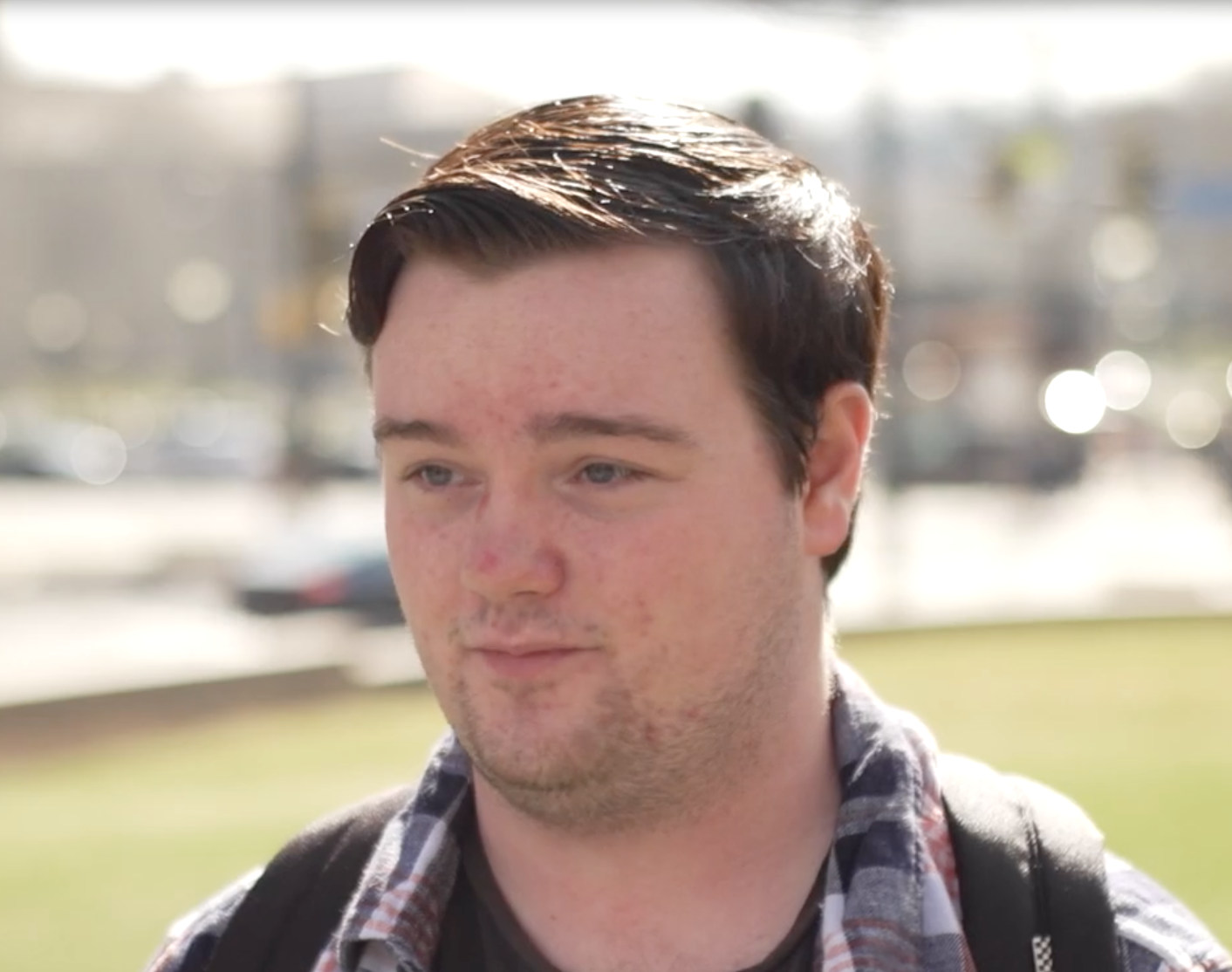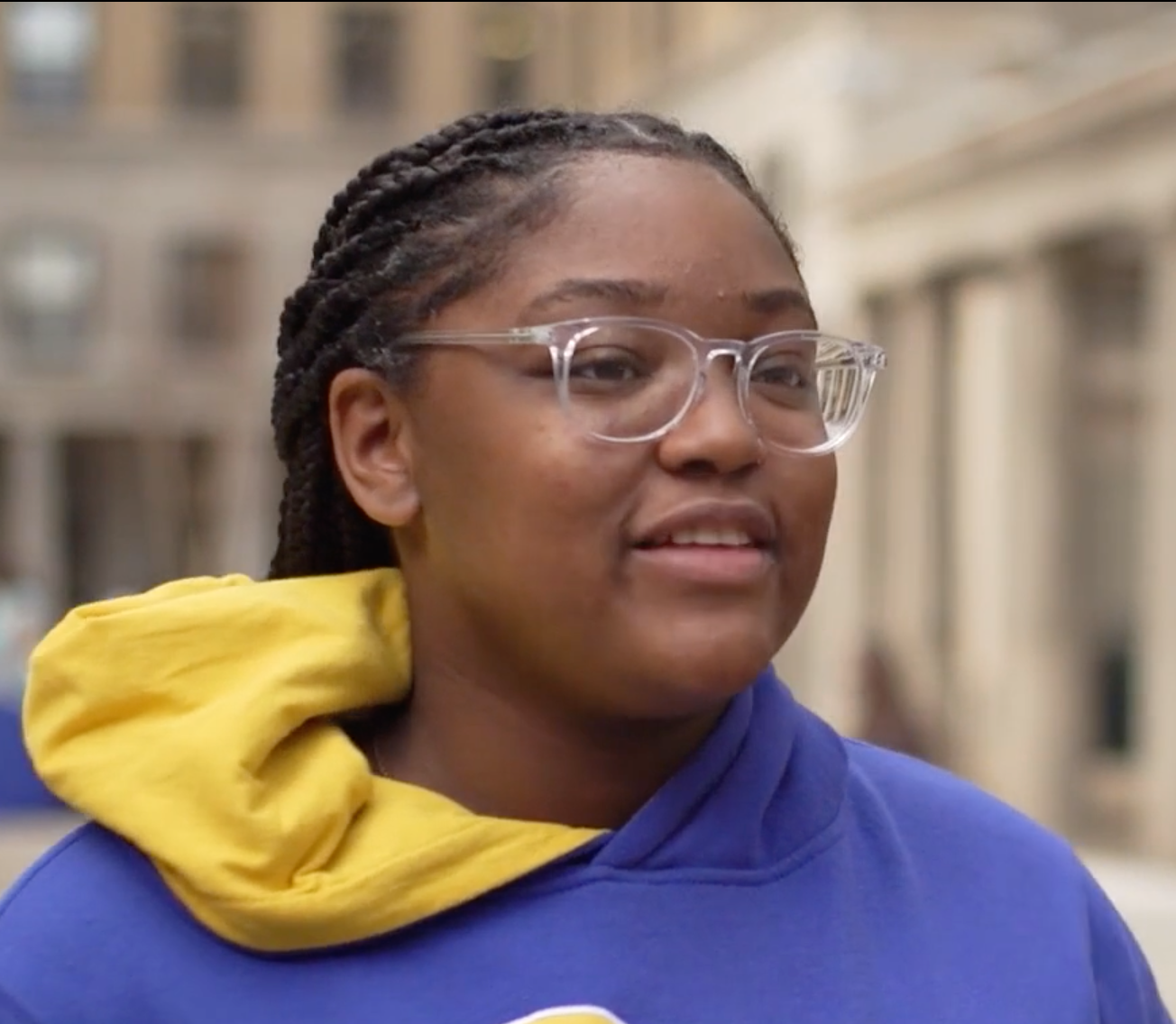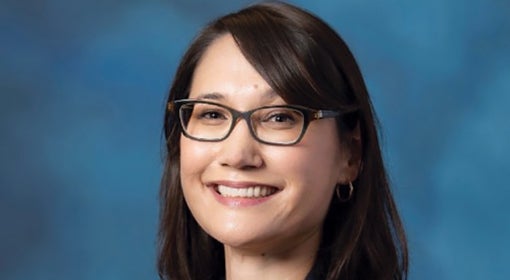For more than 50 years, Pennsylvania has funded a tuition discount for in-state residents attending the University of Pittsburgh, helping hundreds of thousands of the state’s brightest students afford a top-tier education and launch careers of impact.
This year, that funding is at risk.
In response, the Pitt community has mobilized to urge lawmakers in Harrisburg to preserve the appropriation supporting the University’s students.
Chancellor Patrick Gallagher spoke with Pitt Magazine about the fight for funding, what’s at stake (spoiler: a lot) and how alumni can make a difference.
 Editor-in-Chief Laura Clark Rohrer: Lawmakers in Harrisburg have approved the in-state tuition discount since 1967. What’s going on this year that raises concerns?
Editor-in-Chief Laura Clark Rohrer: Lawmakers in Harrisburg have approved the in-state tuition discount since 1967. What’s going on this year that raises concerns?
Chancellor Patrick Gallagher: Well, what's going on is both very typical and somewhat atypical. The typical part is that every year the Pennsylvania General Assembly has to pass an appropriation to provide the funding that allows Pitt to offer discounted in-state tuition for residents of the commonwealth. In recent years, the University has paid about 40% of that discount, and Pennsylvania has covered the rest. There's always a little bit of jockeying because you have to assemble a two-thirds majority to pass the bill.
What's different this year is that the jockeying has intensified because of certain issues in higher education. These are issues like the role of universities and free speech, courses or training on diversity and inclusion and discussions about race, questions about vaccines and mandates, and where research dollars go. Pitt is not immune to the broader political debates. But these political tensions have, in some ways, upped the ante for some in Harrisburg.
Would the state’s funding go to anything related to those issues?
No. State funding doesn’t support any of those issues. State funding simply supports the in-state tuition discount that makes the University of Pittsburgh a state-related university. It keeps some of the commonwealth’s top students from going out of state to get their education, and it ensures that the University can serve as an economic anchor and engine, which is the role that a major public university should fill in the region and in the state.
What would happen if we lost that funding? What exactly is at stake?
It's pretty simple: More than 17,000 undergraduates with a discounted in-state tuition rate would see that discount go away. It's a significant benefit. For the average undergraduate student from Pennsylvania, we’re talking about erasing a tuition discount of around $15,000 a year or about $60,000 over four years.
In many ways, Pitt would become a private university. That's really what we're talking about.
We're fighting to make sure state lawmakers realize they're dealing with the financial well-being of 17,000 students who want to stay in Pennsylvania to get a top education at Pitt. A decision to step away from that funding — for unrelated reasons — would jeopardize the education of all those students and their families.
And what’s at stake for the state and our communities?
The consequences would be unintended and unevenly felt. Our regional campuses are more sensitive to this issue, because they tend to recruit more locally and their campus populations have higher percentages of Pennsylvania students.
I can't see a single change that would be good for the state. We would be enabling our neighboring states to attract our top students. We would be signaling to businesses that we don't support the state’s top research university. And we would be relegating a university that is committed to working with the community as unworthy of state support. As bad as the loss of state support would be for Pitt, it would be even worse — a catastrophically bad change — for the state of Pennsylvania.
What are you hearing from the students you’ve talked to about this issue?
Look, it's a big financial stress to go to college and for families to support that. Anything that rocks that boat is of enormous concern to students and their families. So, while we don't like sharing the possibilities of these interruptions because it can cause undue stress, it’s also like the tree falling in the forest. If the lawmakers don’t hear from students and about the impact of this loss, it won’t be as important to them.
What’s just as important is that lawmakers hear from alumni who have benefited from the discount in the past. We also need them to hear from local business leaders who understand how Pitt acts as a powerful engine for creating and sustaining economic opportunity and growth — both in the region and across the state.
Why should alumni — most of whom have already paid for their education — care about current students getting a tuition discount?
Today’s alumni have economic opportunities and a quality of life that comes, at least in part, from their Pitt experience. We all have a responsibility to make sure that today's students feel the support from yesterday's students so that they can have the same opportunities we did.
You’re an alumnus but it sounds like this issue is about more to you than just paying it forward to the next class of Pitt students.
Well, those of us in education are in the opportunity business. A great education doesn't entitle you to anything, but it does give you the knowledge, perspective, connections and networks needed to open many new doors of opportunity. We see that validated in research over and over again. If you have a college degree or a postgraduate degree, you're better off economically, health-wise and in terms of happiness.
So, the question you have to ask is: Should this key to new opportunities belong only to those who have money — or should it belong to all of us?
If you really believe that opportunity should belong to everyone, you should want there to be as few obstacles as possible based on income. We try to find students who have exceptional potential — who have the drive and ambition to do amazing things — and we just don't think one of the criteria should be affordability.
Unfortunately, today, it is. Our top priority today is to continue doing everything we can so that a lack of wealth doesn’t prevent people from pursuing an education. I think it's one of the great challenges for our country. We don't want this precious opportunity to just belong to the few. We want this to be about social mobility and growth and happiness. I think that those privileges should really belong to anyone who's willing and motivated to get an education.
What should alumni do to help?
Go to with.pitt.edu — there, you can sign up to be a Pitt Advocate. We’ll send you information to stay informed and get involved. Pennsylvanians will also get information about their local lawmakers and how they can contact them. It’s a great way to do your small part and make a big difference.
The exact role that you can play depends on who you are. If you live in Pennsylvania, we’re asking you to write to your lawmakers. If you're a local business owner, we want to know how an exodus of students from the commonwealth will curtail your ability to grow and recruit new employees. These are some of the different ways you can contribute your voice.
We’re going to do what we can to protect our students, our University and our state — and I hope our alumni will help.
Learn more and become a Pitt Advocate today by visiting with.pitt.edu. This story was published on May 4, 2022 and is part of the Spring 2022 issue.

Supporting the tuition discount is supporting opportunities for small-town kids, city kids and all kids in Pennsylvania that they might not have otherwise.
Noah Baker, Coudersport, Pa.

Coming up with an extra . . . $12,000 to $15,000 is just not going to work. A lot of us are low-income students, so this funding really helps. If they were to take it away, a lot of students wouldn’t be able to enroll.
Ciara Gordon, Pittsburgh, Pa.

I knew that I wanted to go to a school that would give me a really good education and not break our budget. So, Pitt was at the top of the list. So, if we had to pay an extra $15,000 more, I definitely would’ve considered colleges outside of Pennsylvania without that discount.
Sam Orlowski, Canonsburg, Pa.





